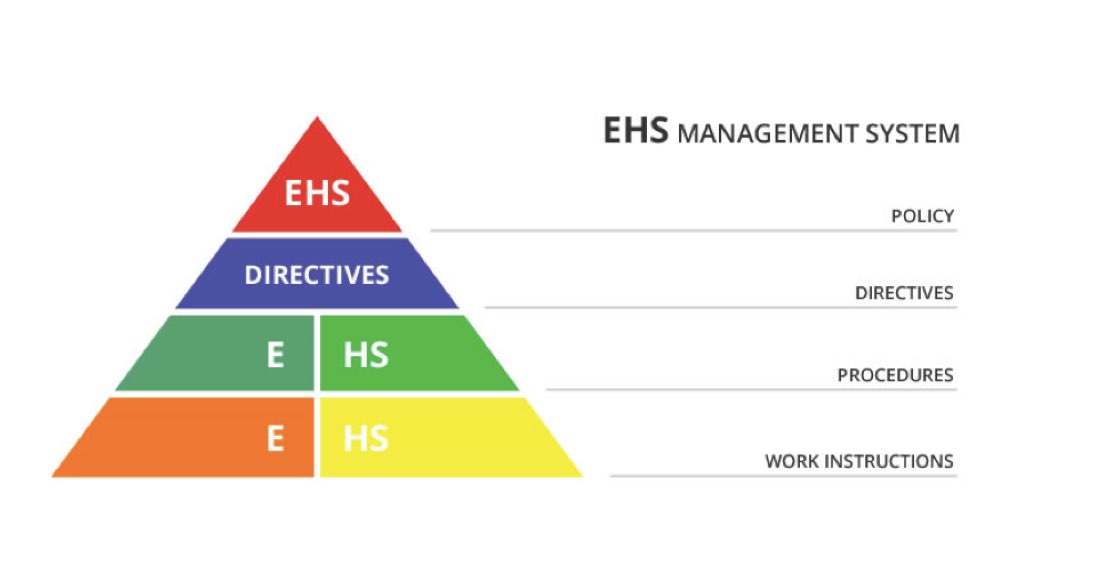Conducting business in a sustainable manner means much more than just conserving resources. At McWane, sustainability is an integral part of our business and achieved by: safeguarding the health and safety of every team member; protecting the environment; making products using fewer resources; and constantly innovating to achieve these goals.

